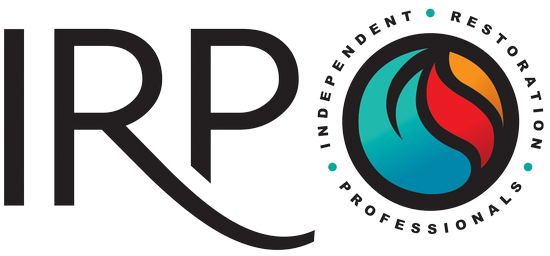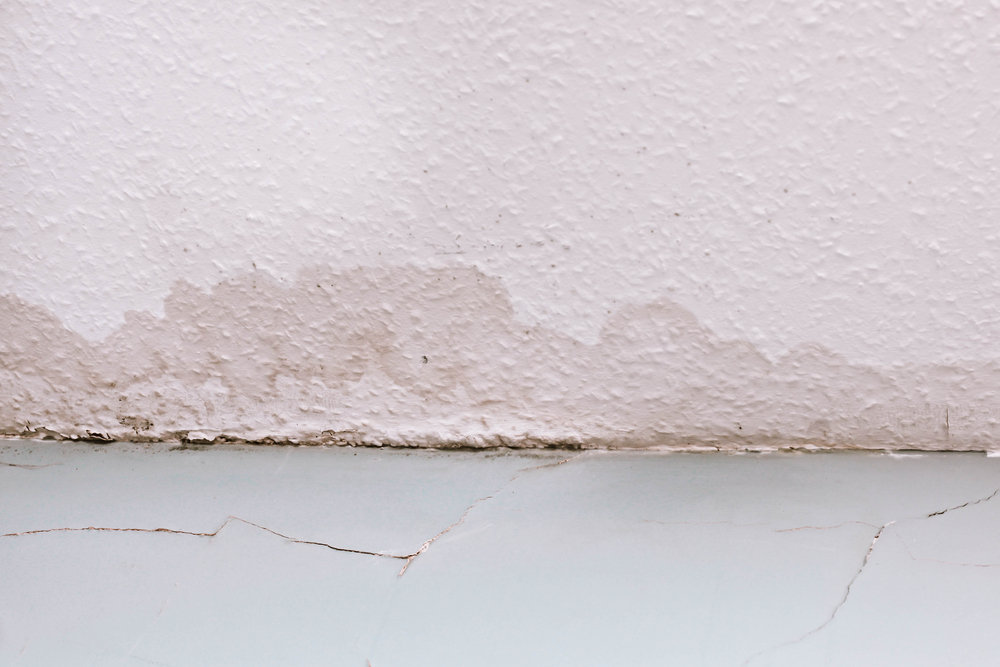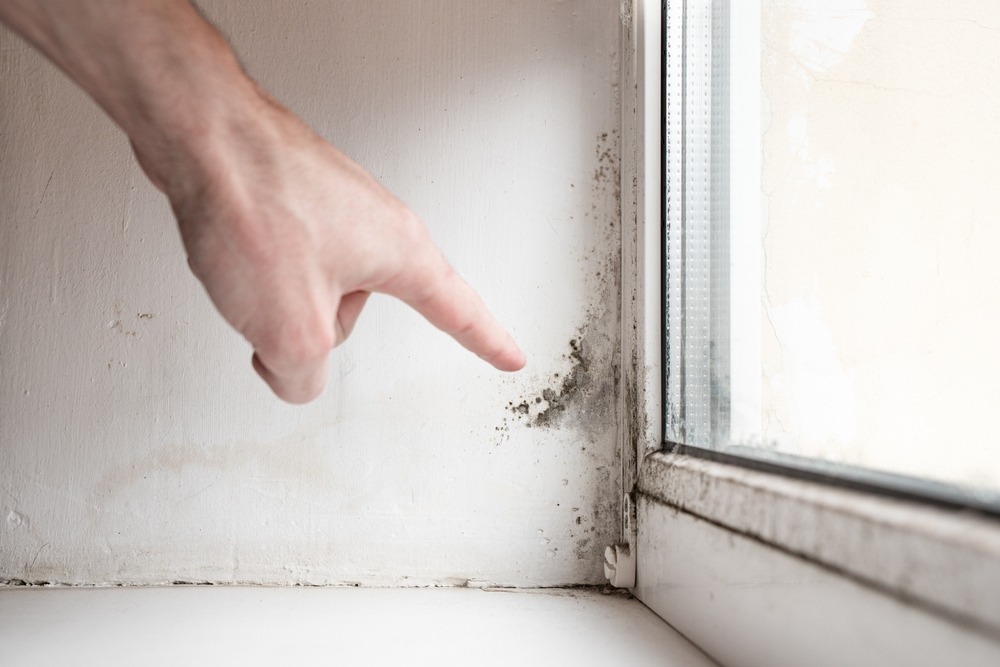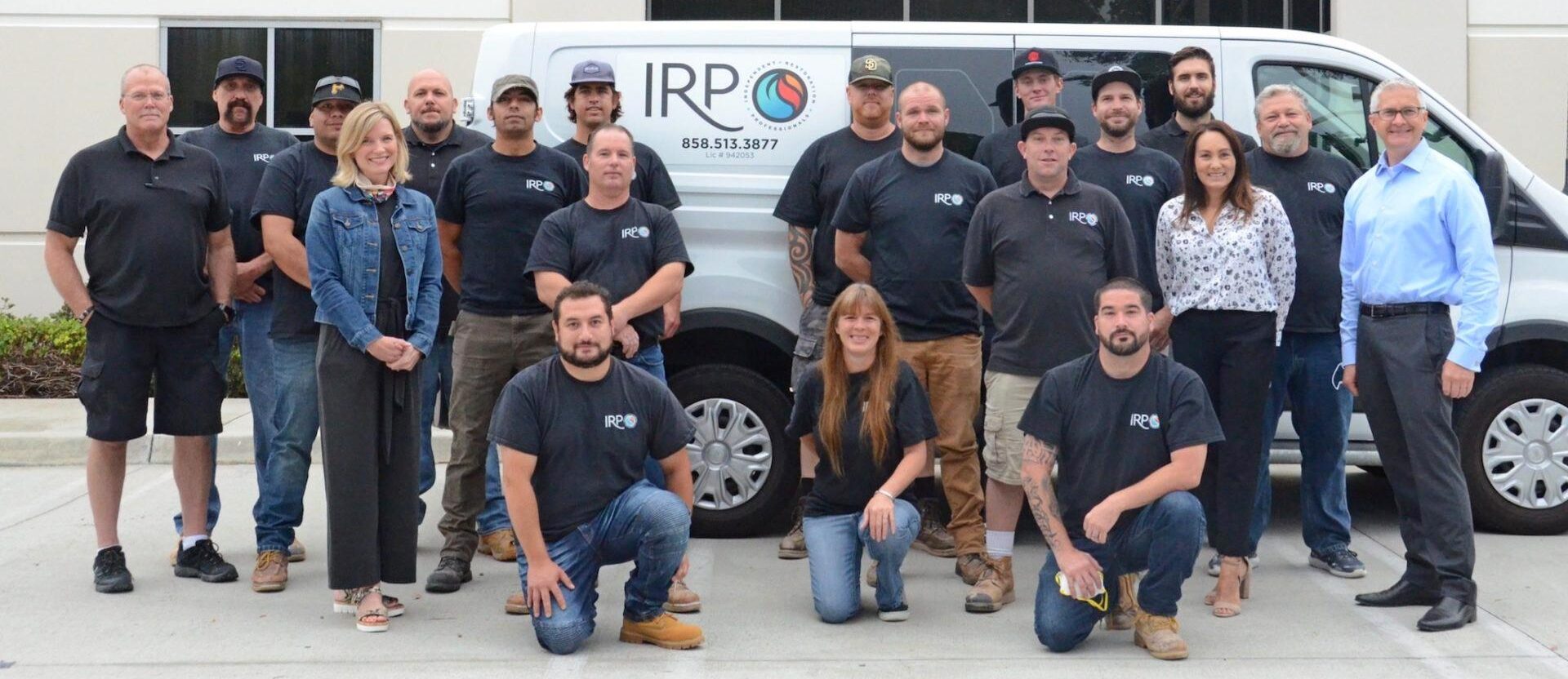Mold and mildew are common fungi that thrive in damp environments, often found in homes, workplaces, and other buildings. While they may initially seem harmless, exposure to these organisms can pose significant health risks, particularly for vulnerable populations. Recognizing the potential dangers of mold and mildew is crucial for maintaining a healthy living environment.
Respiratory Issues
One of the primary concerns with mold and mildew exposure is its impact on respiratory health. Individuals may experience coughing, wheezing, and nasal congestion when inhaling mold spores or mycotoxins. For those with pre-existing respiratory conditions, like asthma or chronic obstructive pulmonary disease (COPD), exposure can exacerbate symptoms and lead to severe complications.
Allergic Reactions
Many people are allergic to mold and mildew, and exposure can trigger various allergic reactions. Symptoms may include sneezing, runny or stuffy nose, itchy eyes, and skin rashes. These reactions can range from mild to severe and may require medical intervention. Identifying and mitigating mold exposure is essential for those with known allergies.
Weakened Immune System
Exposure to mold and mildew can be hazardous for individuals with weakened immune systems, such as the elderly, pregnant women, or those with chronic illnesses. These fungi can lead to infections and other serious health issues, compromising the body’s ability to fight disease. At-risk populations need to take proactive measures to limit exposure.
Long-Term Health Effects
Long-term exposure to mold and mildew may result in more severe health problems. Studies have linked chronic mold exposure to respiratory diseases, neurological symptoms, and other systemic health issues. It’s important to address mold growth promptly to prevent long-lasting health effects and to ensure a safe environment for all occupants.
Prevention and Remediation
Preventing mold and mildew growth is key to protecting health. Regularly inspecting and maintaining indoor spaces, ensuring proper ventilation, and addressing leaks or water damage can help mitigate mold risks. If mold is discovered, seeking professional remediation services is crucial to removing the fungi and restoring a healthy living environment safely. Taking these steps can significantly reduce health risks associated with mold and mildew exposure.
In summary, the health risks posed by mold and mildew exposure are significant and can affect many individuals, particularly those with pre-existing health conditions. By understanding these risks and implementing effective prevention strategies, it is possible to create a safer living environment. Regular maintenance and prompt remediation are essential in minimizing the potential impact of mold and mildew on health. Prioritizing these actions can improve the overall well-being of everyone in the space.
Your Trusted Restoration Experts
Prolonged exposure to mold poses serious health risks, often remaining hidden behind walls where minor plumbing leaks can lead to significant structural damage and respiratory problems. At Independent Restoration Professionals (IRP), our trained experts are dedicated to effectively addressing mold, mildew, and water issues, ensuring peace of mind for you and your family. If you notice mold or mildew, it typically signals an underlying water problem that needs immediate attention. Our team is equipped to handle the complexities of mold remediation with expertise and care, offering comprehensive services that prioritize your safety and satisfaction. Contact us today at (858) 513-3877 for immediate assistance, and let us help restore your home to a safe, healthy state.



